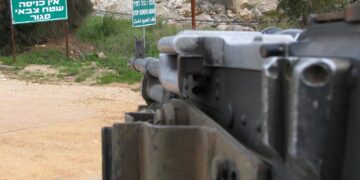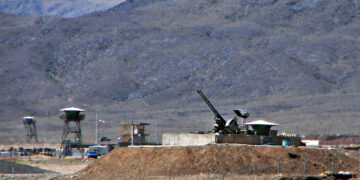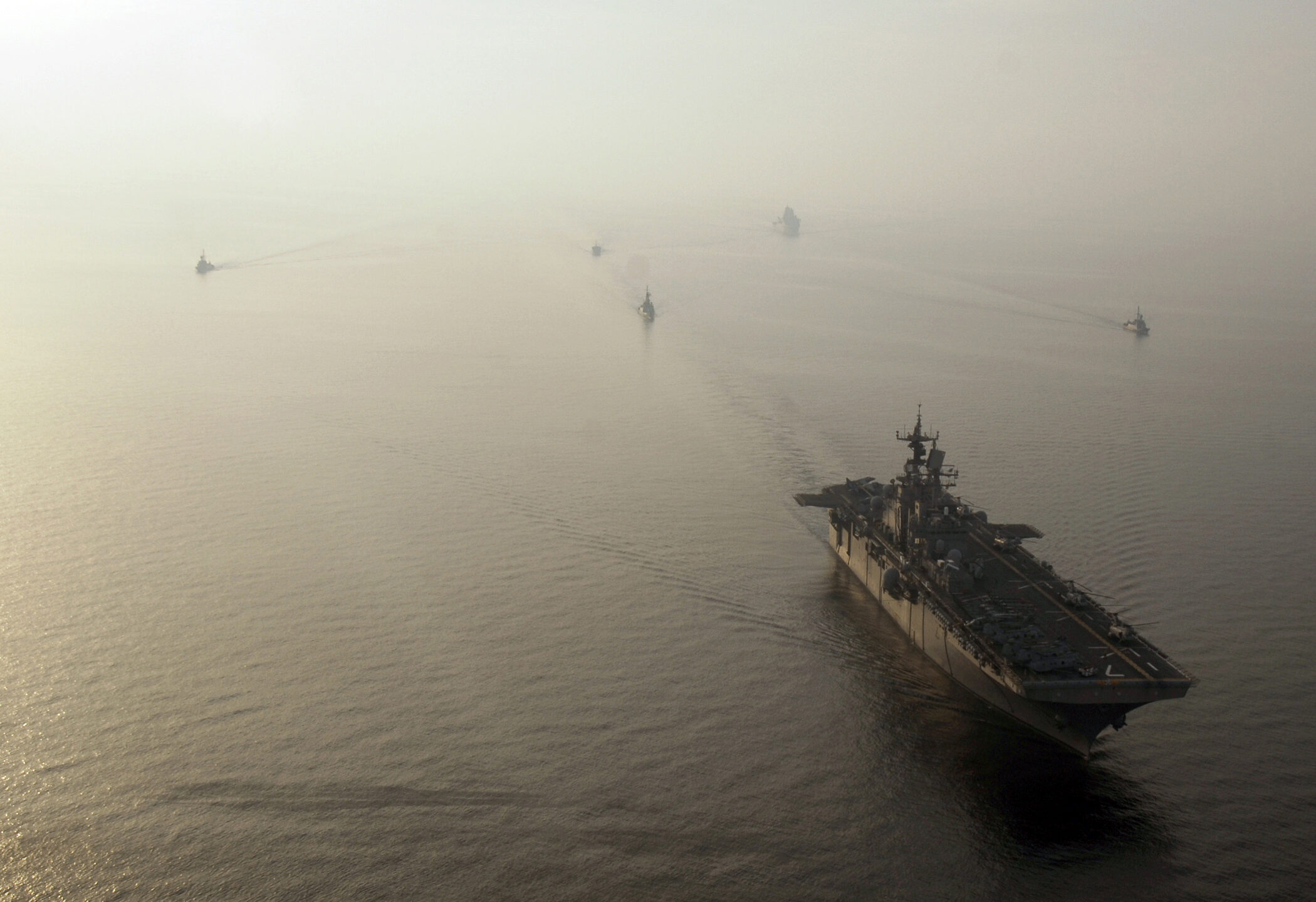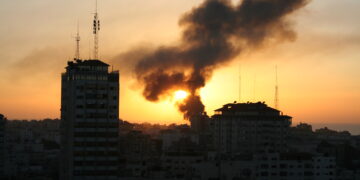Israel’s decision on September 9th to bomb Hamas’s political leadership in Doha, Qatar, was a shock not only to the country on the receiving end but also to the Middle East as a whole. That the operation occurred whilst Hamas officials were meeting to discuss a United States-drafted ceasefire proposal for the war in Gaza only added to the sense of indignation in Washington and the region’s capitals.
Qatar, a country tasked with mediating a diplomatic solution to a war now in its third year, was livid and called Israel’s bombing operation a betrayal of the diplomatic process. Saudi Arabia and the United Arab Emirates quickly offered their support.
Arab leaders scheduled an emergency session on September 15th to provide Qatar political cover, where they called on Washington to hold Israeli Prime Minister Benjamin Netanyahu accountable. Even President Trump, who has supported Netanyahu’s war strategy since returning to the White House in January, condemned Israel and forced Netanyahu to apologise to the Qatari emir when he traveled to the White House on September 29th.
Israel’s attack in Qatar confirmed suspicions that Netanyahu was more interested at the time in dragging out the war to maintain his political position than he was in negotiating a permanent end to the war. But the strike also generated a wave of analysis about what it means for the durability of U.S. security commitments in the Persian Gulf.
More on Middle East

November 4, 2025

Featuring Rosemary Kelanic
October 16, 2025
Featuring Daniel Davis
October 15, 2025
Events on Israel-Hamas







